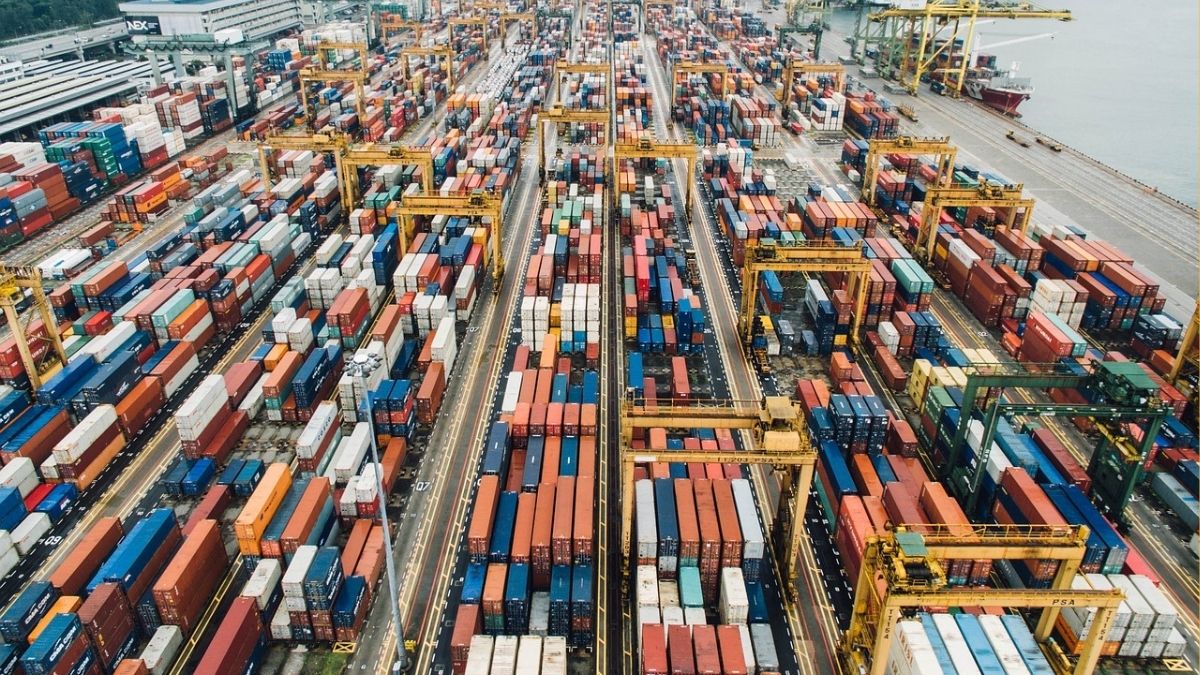Nigeria’s entry into the African Continental Free Trade Area (AfCFTA) was meant to be a game-changer. A $3.4 trillion market call, with opportunities to expand the country’s export portfolio across the continent. Yet, just four months after flagging off its participation under the Guided Trade Initiative, Nigerian exporters are not celebrating—they’re frustrated. The reason? The country’s forex crisis is crippling their ability to compete and capitalize on this historic platform.
In July, the Nigeria AfCFTA Coordination Office announced that 10 homegrown companies would lead the charge, exporting products to East, Central, and North Africa. The move was hailed as a bold step toward realizing AfCFTA’s promise. Among these pioneering companies, Le Look Nigeria Limited was tasked with exporting school bags to Kenya. However, the journey has been anything but smooth.
Here’s the reality: while the AfCFTA offers vast opportunities, Nigeria’s exporters are being choked by skyrocketing freight costs, driven by the ongoing foreign exchange crisis. In a country where access to forex is erratic at best, and airlines continuously hike freight charges to compensate for the unstable naira, it’s hard to see how Nigerian businesses can sustain momentum.
Take Le Look, for example. CEO Chinwe Ezenwa was supposed to export 20,000 school bags by now. Instead, she’s managed only 5,000. “Freight costs have become astronomical,” she says. “Every airline has adjusted prices due to the forex situation, and it’s affecting the entire process.”
Here lies the issue: it’s not that Nigerian businesses aren’t willing or able to compete. They’re being boxed in by a currency crisis that shows no signs of improvement. For all the noise made around AfCFTA, the government’s failure to stabilize the naira could sabotage the very opportunities it claims to champion.
It’s easy to hail the AfCFTA as a landmark opportunity for Nigeria. But what’s the point if exporters can’t get their products out of the country? Ezenwa’s plea for government intervention should not be ignored. If SMEs are to play a meaningful role in AfCFTA, they need more than promises—they need access to affordable loans and more practical financial relief. The forex crisis is not a new issue, and yet, the government’s response has been tepid at best.
At this rate, Nigeria risks being left behind, watching from the sidelines as other African nations capitalize on this new trade landscape. For all the good intentions behind the AfCFTA, it’s clear that the government must prioritize stabilizing the economy if Nigerian businesses are to have any real chance of success.
Nigeria’s Export Challenge: Beyond Forex
The forex crisis may be the most immediate hurdle, but it isn’t the only one. Dr. Obiora Madu, Director-General of the African Centre for Supply Chain, argues that Nigeria’s long-standing lack of an export culture is another major barrier. According to Madu, “It’s not the lack of opportunities; it’s the absence of an export culture and knowledge.” This is not a new critique, but it’s a significant one.
Nigeria has long been reactive in its approach to trade. While other countries are developing strategic export pipelines, Nigeria continues to struggle with the basics: capacity-building, infrastructure, and support systems for exporters. This isn’t just about missed opportunities; it’s about failing to create an environment where Nigerian businesses can truly thrive on the global stage.
The Way Forward
So, where do we go from here? It’s clear that Nigerian exporters are eager to capitalize on AfCFTA’s potential, but without meaningful government intervention, they’re fighting a losing battle. The forex crisis must be addressed—not just through short-term fixes but with sustainable economic policies that offer stability.
Moreover, the government needs to take a hard look at the broader export environment. It’s not enough to simply encourage businesses to export; Nigeria must develop a culture that supports long-term success in international markets. This means investing in education, infrastructure, and the financial systems that allow businesses to grow and scale.
Nigeria has a golden opportunity with AfCFTA, but time is running out. If the government continues to drag its feet, the country’s exporters may find themselves shut out of the very market they worked so hard to access.









Leave feedback about this